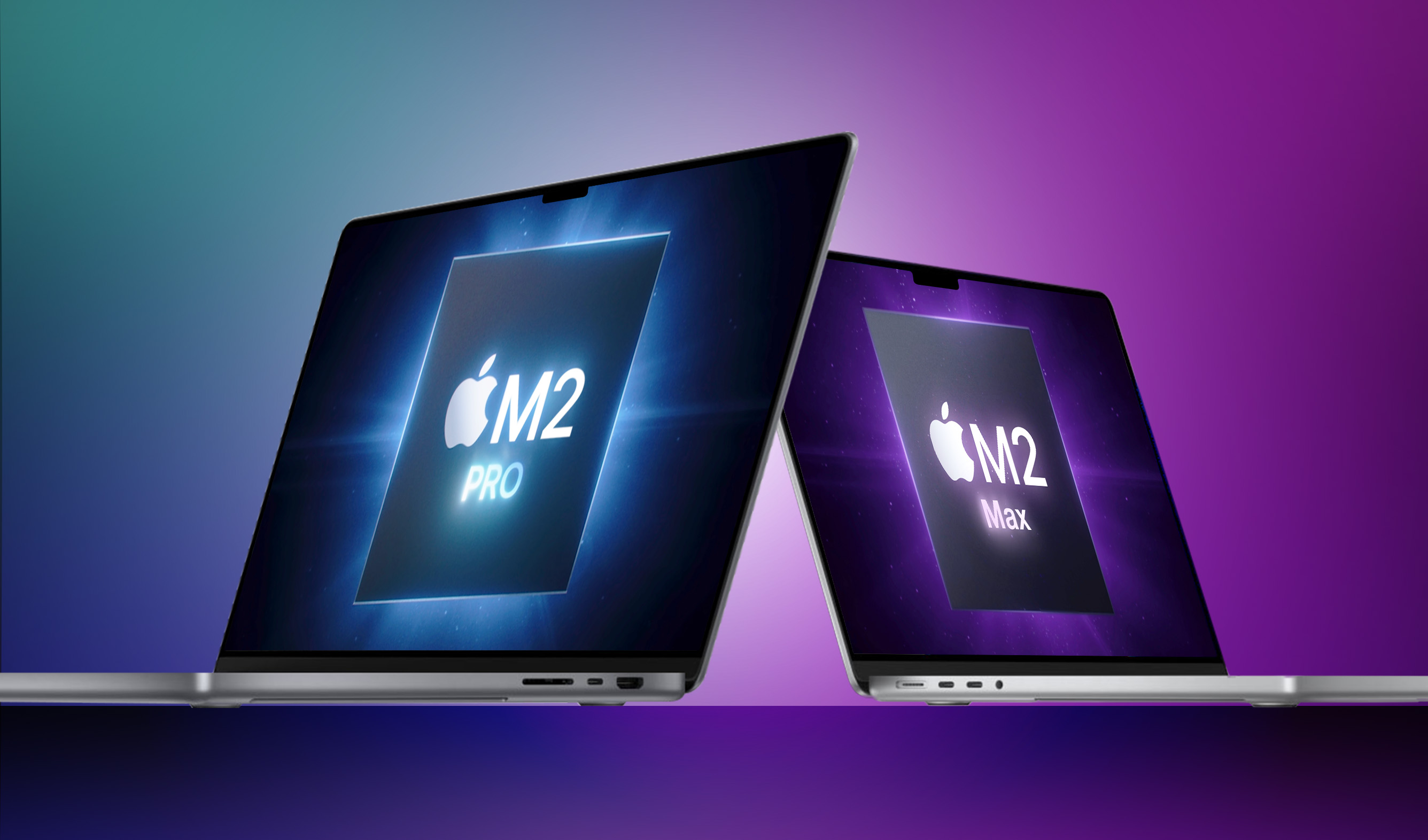
Last month, Geekbench scores for an unannounced Mac running the upcoming M2 Max chip surfaced online, showing only minor performance increases compared to the M1 Max. Now, another set of scores claiming to be for the M2 Max chip has surfaced online, showing a larger jump in performance.

In the Geekbench scores last week, the M2 Max chip scored 1,853 in single-core and 13,855 in multi-core, representing only a minor jump compared to its predecessor. Now, in a new set of scores alleged for the M2 Max, the chip scored 2,027 in single-core and 14,888 in multi-core. For reference, the M1 Max chip achieves 1,755 in single-core and 12,334 in multi-core.
The new Geekbench scores offer no further details over any upcoming Macs, which we expect first to be 14-inch and 16-inch MacBook Pros. The scores list the chip as running on a Mac with an identifier "Mac14,6" with 96GB of memory and running macOS Ventura 13.2. The only difference between today's scores and last month's ones is that the updated scores show an M2 Max chip with a higher base frequency of 3.68 GHz compared to 3.54 GHz, which could explain the higher scores.
Apple was initially expected to announce updated Macs with M2 Pro and M2 Max chips in November this year, but the company pushed plans until early 2023. Apple has multiple new Macs in the work, including an updated iMac and MacBook Pro.
Article Link: 'M2 Max' Geekbench Scores Surface Again Online Ahead of Release in 2023
Last edited:

